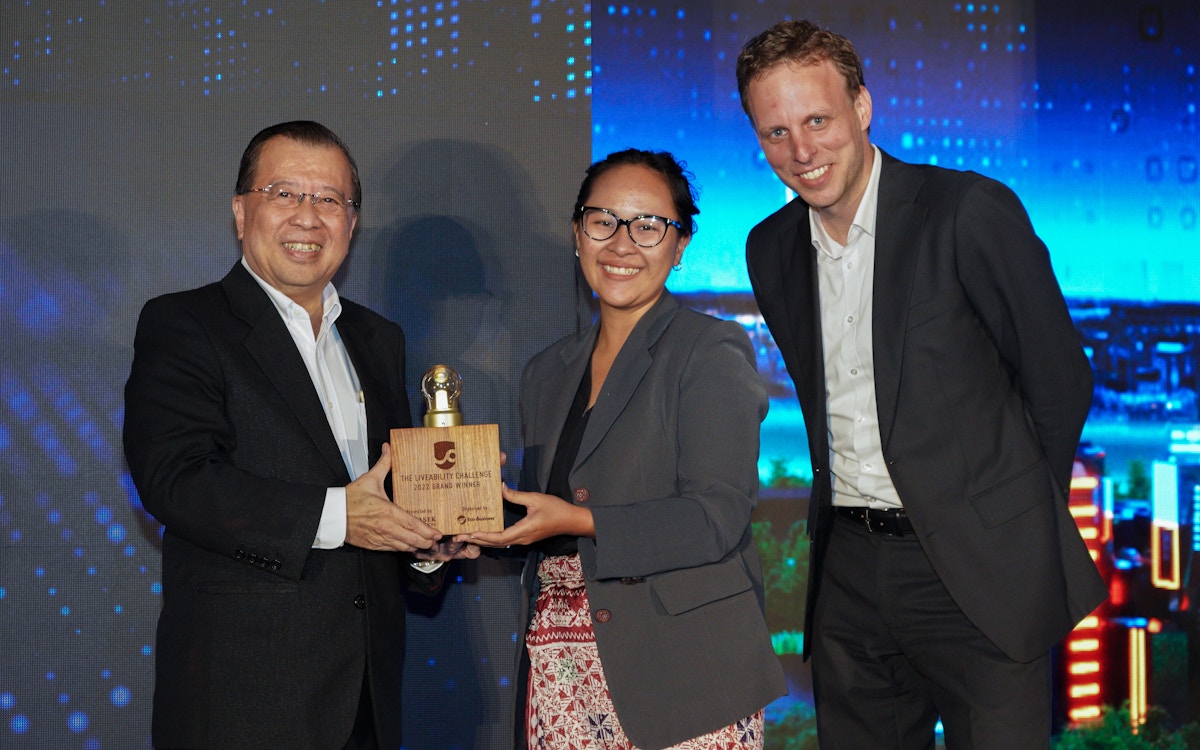
A social forestry project has won the 2022 edition of the Liveability Challenge, a yearly search for ways to tackle the most difficult sustainability challenges faced in Southeast Asia.
Fairventures Social Forestry, a team from Germany, emerged ahead of five other finalists to clinch the grand prize of S$1 million (US$728,000) in funding from Temasek Foundation, the sponsor of the Liveability Challenge and philanthropic arm of Temasek, Singapore’s state-investment company.
This marks the first time in the Challenge’s history that a nature-based solution has won top prize.
This year’s Challenge was themed around decarbonisation, agritechnology as well as nature-based solutions to climate change.
The Fairventures project aims to sustainably manage forests and improve livelihoods in Jambi, Indonesia, using a scalable social forestry model that incorporates blended finance.
Steve Melhuish, impact investor at Planet Rise and one of The Liveability Challenge judges, said: “What we really liked about Fairventures was that it is a true nature-based solution with a proven track record that has helped communities and has had a real carbon impact.”
Melhuish also commended Fairventures for its sustainable business model; it has secured offtakers for its products which include crops, timber and carbon credits.
Lim Hock Chuan, head of programmes, Temasek Foundation, also one of the judges, said: “This is one of the few nature-based solutions ventures that was genuinely end-to-end, with blended finance to make the project sustainable and viable. It also addressed a very big problem: what to do with vast expanses of degraded land in Indonesia.”

The winner was chosen from a field of finalists that included an initiative to curb the energy consumption of data centre through artificial intelligence and digital twin technology by a team from Singapore called Red Dot Analytics, and a large-scale carbon sequestration project by British team CQUESTR8.
Also among the finalists were GAIT, a team from Singapore and New Zealand that measures carbon, and Wasna, a team from Belgium and Singapore that makes low-cost cultivated meat using a universal serum.
The sixth finalist was ImpacFat, a Japan-Singapore team that produces alternative meat products using cell-based fish fat.
Additional prizes of S$50,000 from Quest Ventures went to Fairventures and ImpacFat, S$100,000 from Purpose Venture Capital was awarded to Red Dot Analytics, and S$100,000 from Amasia went to GAIT.
A further S$100,000 from PlanetRise was awarded to Fairventures. Wasna was also given S$100,000 by Silverstrand Capital.
According to an audience poll, Red Dot Analytics was the most popular candidate, followed by GAIT and Wasna.
Last year’s Liveability Challenge winner was SeaChange, a US-based company which produced construction materials like concrete and cement from CO2 dissolved in seawater.
Other past winners include TurtleTreeLabs, a Singapore-based company developing lab-grown milk, and Sophie’s Kitchen, a US-based firm developing sustainable, microalgae-based proteins.
Source Eco Business


